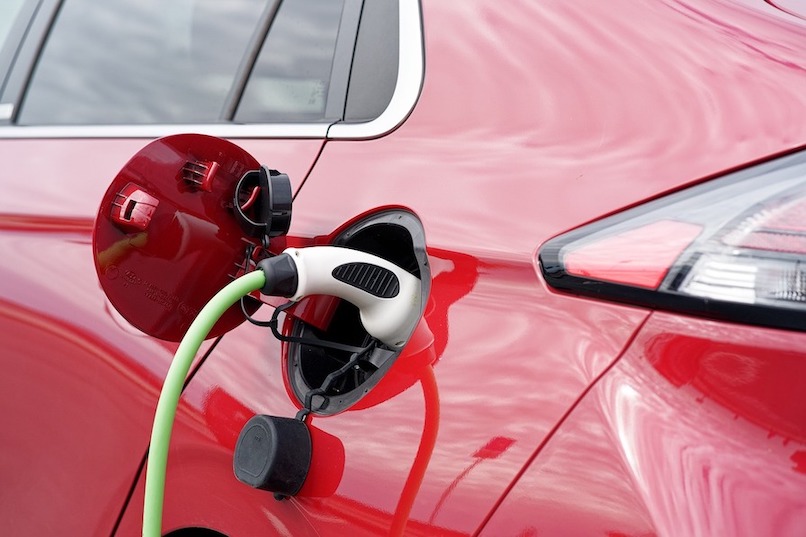EV Sector in India to boost both the economy and the environment
Related Articles
मुंबई समेत महाराष्ट्र के कई जिलों में गर्मी का प्रकोप, IMD ने जारी किया येलो अलर्ट
India Meteorological Department (IMD) ने मुंबई और आसपास के इलाकों में गर्म और उमस भरे मौसम को लेकर येलो अलर्ट जारी किया है। मौसम विभाग...
Vantara Foundation Day: One Year after Inaugration by Prime Minister Narendra Modi, Many Animals Restored to Health and Returned to the Wild
On Vantara Foundation Day, marking one year since its inauguration by Prime Minister Narendra Modi, Vantara reflects on a year of measurable impact in...
IIT Delhi Researchers Innovate Air Conditioner to Cut Power Consumption
As temperatures rise and electricity demand peaks across India, researchers from the Indian Institute of Technology (IIT) Delhi have made a significant advancement that...



 Ayush is the CEO of Lohia Auto Industries (LAI), an automobile company that offers traditional as well as green energy mobility solutions. Lohia Auto Industries is a part of the diversified business conglomerate, Lohia Global, which has business interests in Manufacturing, Exports, Retail, Real Estate, Energy and Automobiles.
Ayush is the CEO of Lohia Auto Industries (LAI), an automobile company that offers traditional as well as green energy mobility solutions. Lohia Auto Industries is a part of the diversified business conglomerate, Lohia Global, which has business interests in Manufacturing, Exports, Retail, Real Estate, Energy and Automobiles.